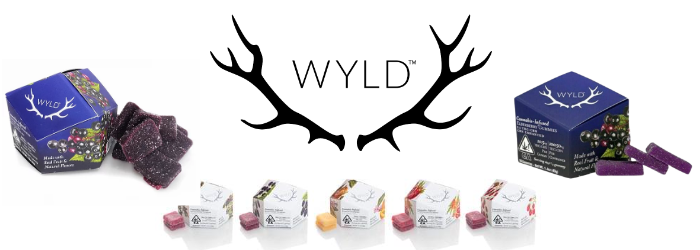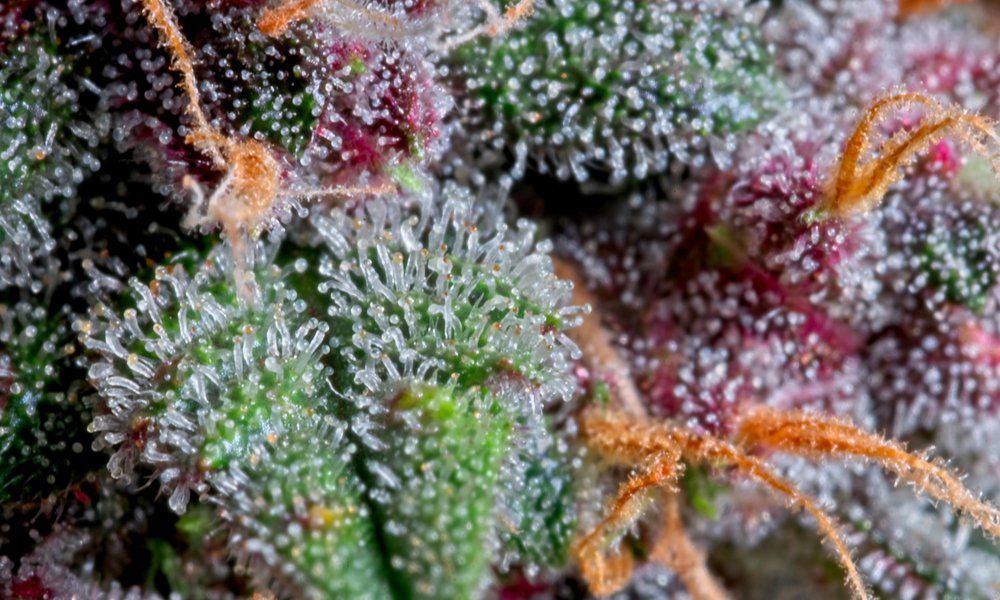CBN Effects On Sleep Health
Most experienced marijuana smokers have probably heard about cannabinol (CBN). True, CBN isn’t as prominent as CBD or delta-9 THC, but it has become famous for its sleep-inducing effects. Although most tokers still claim strains with CBN have sedative properties, recent research casts doubt on this age-old assumption.
So, what’s the truth? Does CBN affect sleep patterns? And, if not, what is this cannabinoid good for?
What’s The Science Behind CBN?
Before diving too deep into CBN’s effects, it’s essential to understand where this cannabinoid comes from. Fascinatingly, CBN molecules only begin forming as THC compounds oxidize. In fact, cultivators could deliberately create more CBN by letting their cannabis plants grow past peak harvest.
Since CBN shares a similar structure with delta-9 THC, it has psychoactive properties. However, it appears CBN’s rate of intoxication isn’t as potent as THC’s. Most tests reveal CBN has
25 percent less potency compared with THC.
By the way, marijuana growers could tell when a strain has more CBN by examining the color of each bud’s trichomes. As these trichomes turn from white to amber, THC morphs into CBN. The more trichomes have an orange tinge, the more CBN is in a cannabis strain.

So, Does CBN Help People Fall Asleep?
It’s unclear where the rumors surrounding CBN began. However, throughout much of the 20th century, most marijuana fans claimed this cannabinoid had significant “couchlock” effects. To this day, some insomnia patients deliberately search for CBN-rich strains to help lull them to bed at night.
Unfortunately, there’s no scientific data that confirms CBN is a natural sedative. In fact, the few
studies looking into this issue have been inconclusive.
Some researchers suggest other aspects of a cannabis strain’s chemistry are better indications of its sedative potential. For instance, some evidence suggests certain terpenes could make people sleepy. Most notably, data suggests the terpene myrcene
can make people more prone to fall asleep.
There are also plenty of studies examining the sedative potential of delta-9 THC and CBD. These trials strongly suggest THC and CBD could help with various aspects of sleep. For instance,
THC appears to help people fall asleep faster, while
CBD could help treat PTSD-related nightmares.
This data doesn’t mean CBN doesn’t affect sleep, but it may only play a supportive role. Those familiar with the “entourage effect” should know some researchers believe cannabinoids and terpenes work together to produce heightened results. So, when CBN is combined with select cannabis compounds, it may influence the circadian rhythm.
Unfortunately, since we have so little evidence on CBN’s effects, it’s impossible to say anything conclusively at this time. However, some trials suggest that CBN may have therapeutic potential outside of sleep health.
For instance, a
few trials suggest CBN may have potent anti-inflammatory and neuroprotective properties. Hopefully, as more scientists get interested in CBN, we will have more data on what this cannabinoid could offer cannabis users.







